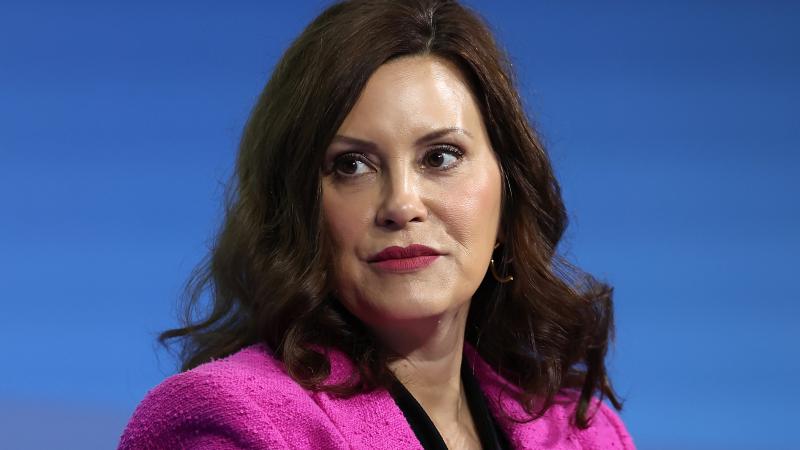Oregon recriminalizes drug possession after opioid deaths skyrocket
The governor said the law "encourages treatment first, while balancing the need for accountability."
Oregon Democratic Gov. Tina Kotek signed legislation that recriminalizes minor drug possession and allocates millions of dollars to behavioral health programs more than three years after the state decriminalized hard drugs after opioid overdose deaths skyrocketed.
Kotek on Monday signed House Bill 4002 into law, which reversed portions of a voter initiative that decriminalized all drug possession starting in 2021.
The bill still encourages law enforcement agencies and district attorneys to refer suspects and violators to drug treatment programs instead of issuing a citation, arresting them or convicting them.
Kotek said in a letter to lawmakers that the legislation "encourages treatment first, while balancing the need for accountability."
The decision comes as opioid overdose deaths rose 240% from 2019, the last year before the COVID-19 pandemic, to 2022, the most recent year for which data is fully available, per the Oregon Health Authority.
The drug situation had deteriorated in Portland to the point that city officials in January declared a 90-day state of emergency to respond to the fentanyl crisis.
















